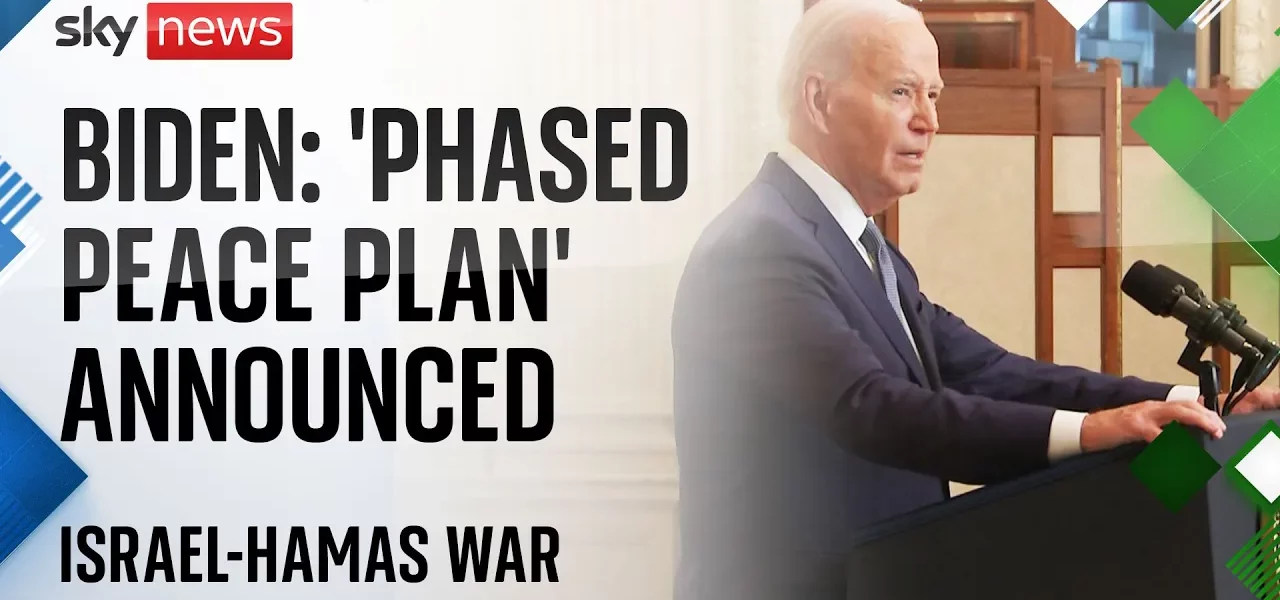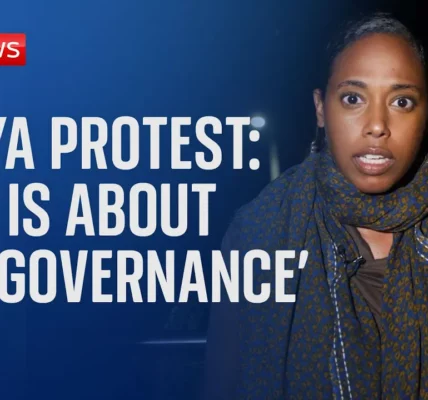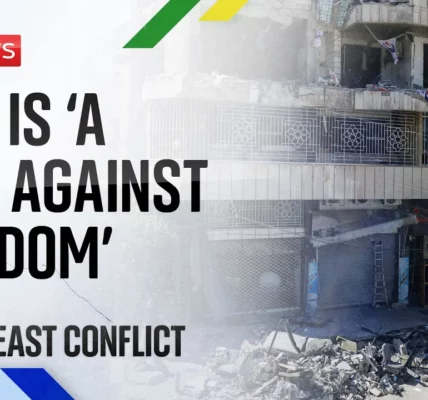New Israeli Proposal: A Decisive Moment in the Conflict

In a surprising turn of events, Israel has unveiled a comprehensive proposal aimed at resolving the ongoing conflict with Hamas. This article delves into the implications of this announcement, the reactions from various stakeholders, and the potential pathways towards peace in the region.
Introduction
The recent announcement from Israel regarding a new comprehensive proposal comes after intensive diplomatic efforts led by the Biden administration. With just a few hours’ notice, this proposal has the potential to reshape the current dynamics of the Israeli-Hamas conflict. The importance of this moment cannot be overstated, as it addresses critical issues such as the release of hostages, the withdrawal of Israeli forces, and the broader implications for peace in the Middle East.
The Proposal Overview
Israel’s proposal represents a significant shift in the trajectory of the conflict. Below are the key elements of this proposal:
- Release of Hostages: A primary focus of the proposal is the safe return of hostages held by Hamas.
- Withdrawal of Israeli Forces: The proposal includes a phased withdrawal of Israeli military presence from key areas.
- Ceasefire Agreement: A call for Hamas to agree to a ceasefire, marking a pivotal point in negotiations.
Reactions to the Proposal
The response to Israel’s proposal has been mixed, with various stakeholders weighing in. Here are some notable reactions:
Hamas’ Response
Hamas has indicated that it is studying the proposal critically. Their willingness to engage in negotiations could signal a potential turning point in the conflict.
Israeli Leadership Dynamics
Internally, the Israeli leadership’s support for the proposal remains uncertain. Prime Minister Netanyahu has authorized negotiations, but there are underlying tensions within his coalition:
- Netanyahu’s coalition includes members who oppose any ceasefire, fearing it may allow Hamas to retain military capabilities.
- Rivalries within the Israeli government, particularly with Benny Gantz, could impact the feasibility of the proposal.
The Broader Implications
This proposal comes at a time when the situation in Gaza is dire. The ongoing conflict has resulted in significant casualties and destruction. The implications of the proposal stretch beyond immediate military concerns:
Political Ramifications for Biden
President Biden’s administration faces political pressure as the death toll rises in Gaza. The proposal may serve as an attempt to regain control over the narrative and demonstrate U.S. leadership in the region.
Long-term Peace Prospects
The possibility of a ceasefire and negotiations raises questions about the long-term prospects for peace in the Middle East:
- Will Hamas genuinely commit to peace, or will they seek to maintain their military capabilities?
- What role will regional allies play in facilitating or obstructing this peace process?
- How will public opinion in Israel and Palestine influence future negotiations?
Conclusion
The recent Israeli proposal marks a crucial moment in the ongoing conflict with Hamas. As stakeholders respond and the situation continues to evolve, it is imperative to monitor the developments closely. The potential for a ceasefire and the return of hostages offers a glimmer of hope for a resolution to years of violence. As we navigate these complex dynamics, staying informed and engaged is vital to understanding the broader implications for peace in the Middle East. For further insights on this topic, consider exploring our related articles on Middle Eastern diplomacy and conflict resolution strategies.
“`




